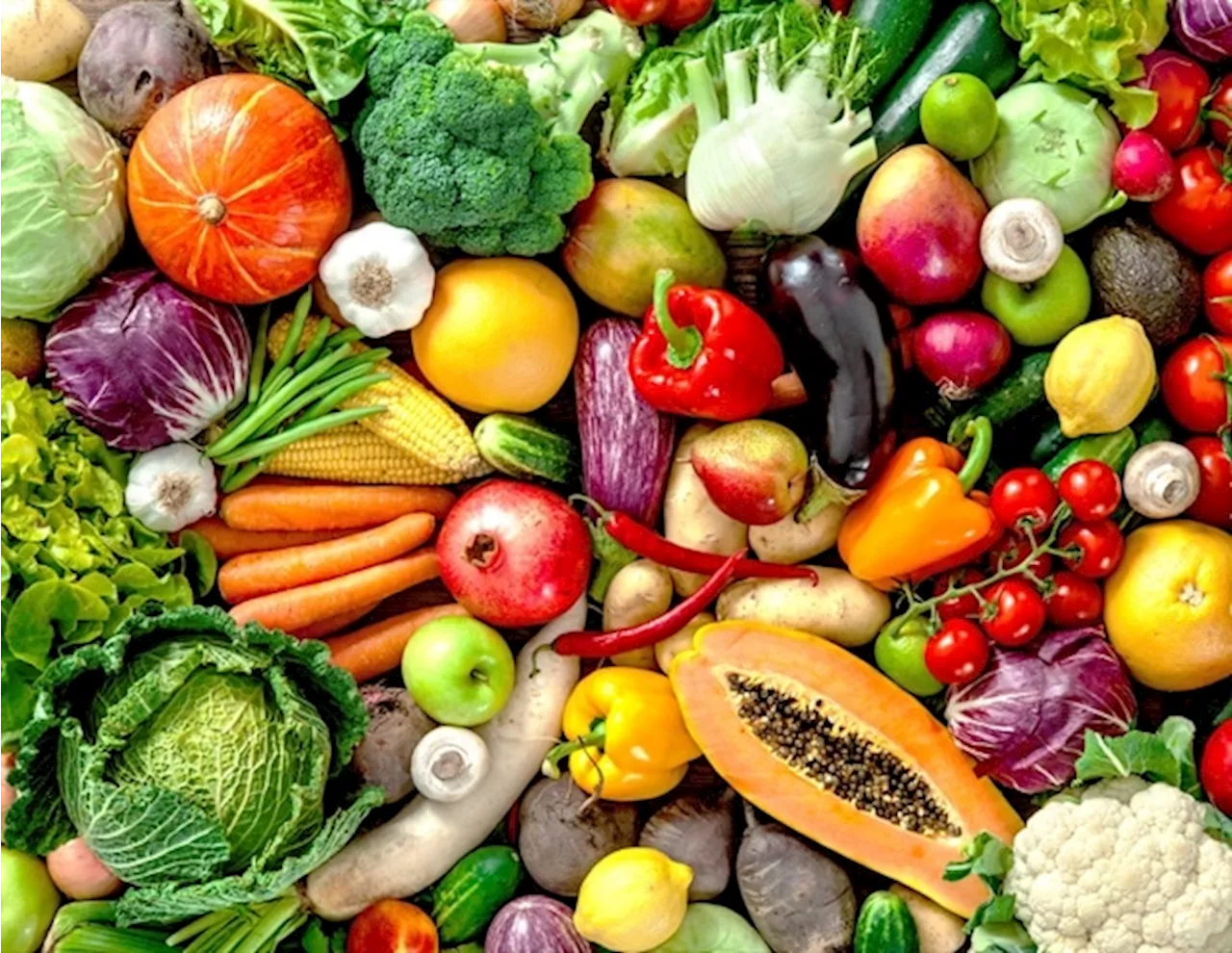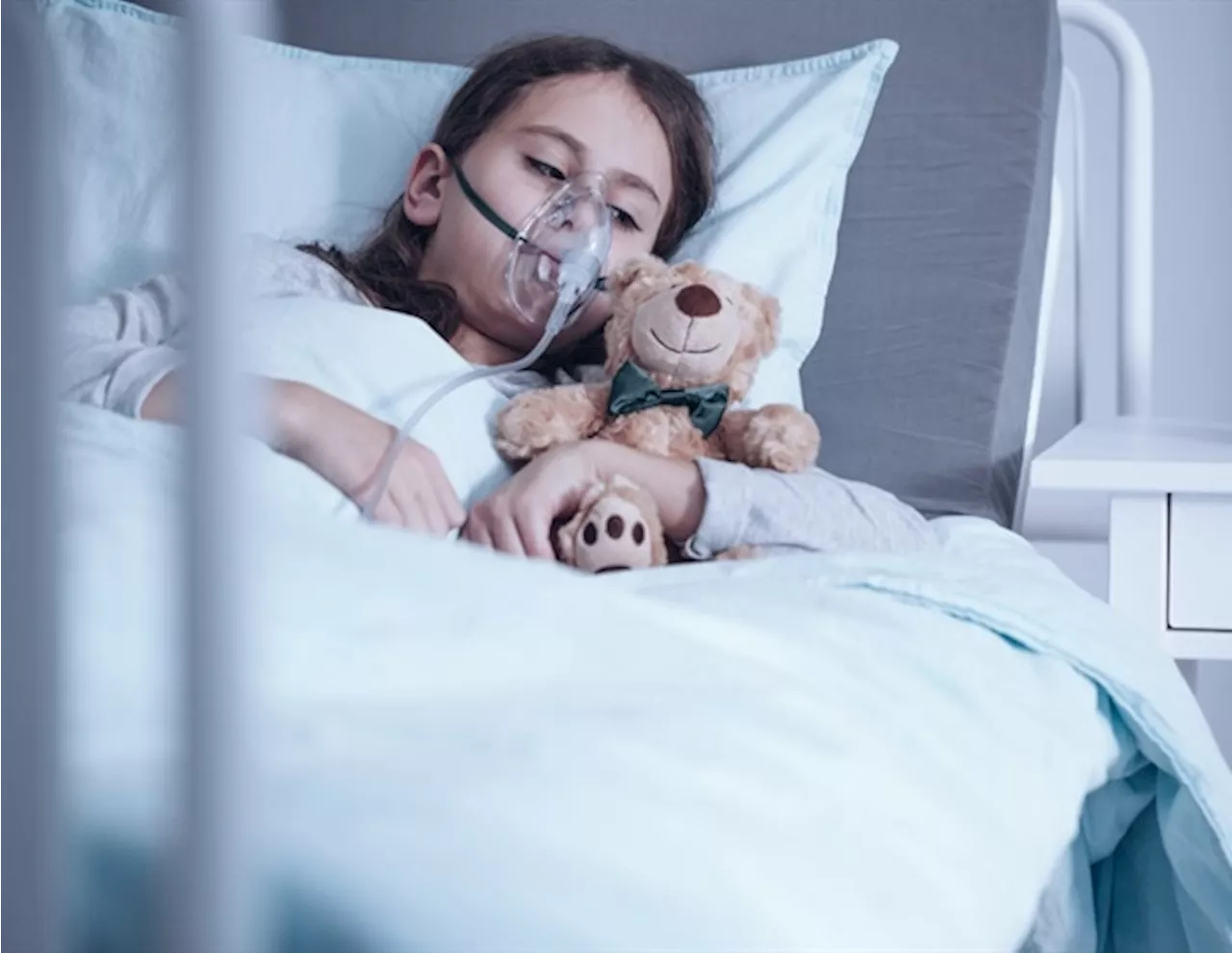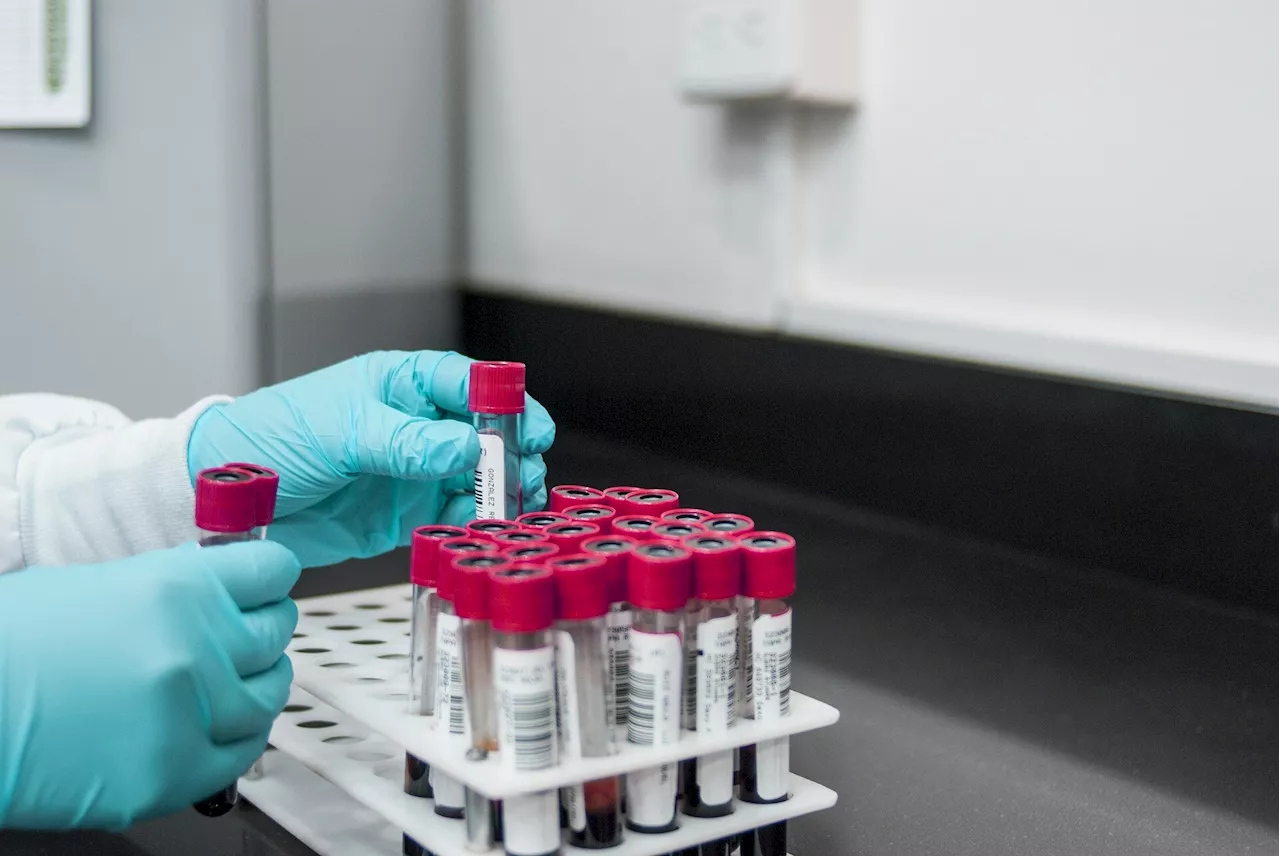Children's consumption of ultra-processed foods rises from toddlerhood to middle childhood, increasing intake of free sugars and sodium while reducing fiber intake. Early dietary patterns significantly influence long-term health outcomes.
By Pooja Toshniwal PahariaReviewed by Benedette Cuffari, M.Sc.Oct 9 2024 Children 's intake of ultra-processed foods spikes significantly between toddlerhood and middle childhood, raising concerns over long-term health impacts like higher sodium and sugar consumption and reduced fiber intake.
Early meal experiences influence meal choices and eating habits later in life. Repeated exposure to various vegetables in infancy and toddlerhood increases the acceptance of these healthy foods into childhood and promotes good eating habits. Free sugar intake consistently exceeds guidelines: Toddlers and children in all UPF intake quintiles exceeded the recommended UK maximum of 5% energy from free sugars, indicating widespread overconsumption of sugary foods from a young age.
Logistic regression analysis was used to determine odds ratios , whereas complex samples general linear modeling accounted for twin data clustering. Individuals who maintained food records at the two intervals reported increased UPF consumption by 16% from toddlerhood to middle childhood.
Bread Children Diet Nutrition Obesity Potassium Protein Vegetables Vitamin C
United Kingdom Latest News, United Kingdom Headlines
Similar News:You can also read news stories similar to this one that we have collected from other news sources.
 Children In Need on Radio 2 - Paddy’s Ultra Endurance Cycle ChallengeRadio 2 harnesses the nation's favourite stars to raise money for BBC Children In Need
Children In Need on Radio 2 - Paddy’s Ultra Endurance Cycle ChallengeRadio 2 harnesses the nation's favourite stars to raise money for BBC Children In Need
Read more »
 New research highlights ultra-processed food consumption in young childrenToddlers in the UK obtain nearly half (47%) of their calories from ultra-processed foods (UPFs), and this rises to 59% by the age of seven, according to a new study led by UCL researchers.
New research highlights ultra-processed food consumption in young childrenToddlers in the UK obtain nearly half (47%) of their calories from ultra-processed foods (UPFs), and this rises to 59% by the age of seven, according to a new study led by UCL researchers.
Read more »
 Nearly 60 criminals freed early from Scottish jails under early release scheme have reoffended and...Nearly 60 criminals who were freed early from Scottish jails under an early release scheme have reoffended and are back behind bars.
Nearly 60 criminals freed early from Scottish jails under early release scheme have reoffended and...Nearly 60 criminals who were freed early from Scottish jails under an early release scheme have reoffended and are back behind bars.
Read more »
 Early treatment significantly reduces long-term disability in children with multiple sclerosis, new study findsNew research presented today at European Committee for Treatment and Research in Multiple Sclerosis 2024 reveals that initiating monoclonal antibody therapy during childhood, rather than delaying treatment until early adulthood, significantly reduces long-term disability in multiple sclerosis (MS) patients. The work is published in Sclerosis.
Early treatment significantly reduces long-term disability in children with multiple sclerosis, new study findsNew research presented today at European Committee for Treatment and Research in Multiple Sclerosis 2024 reveals that initiating monoclonal antibody therapy during childhood, rather than delaying treatment until early adulthood, significantly reduces long-term disability in multiple sclerosis (MS) patients. The work is published in Sclerosis.
Read more »
 Early intervention key for mental health in children with cystic fibrosisA University at Buffalo psychiatrist who has played a critical role in getting mental health screening and treatment integrated into routine care for adults and adolescents with cystic fibrosis (CF) has been awarded $3 million from the Cystic Fibrosis Foundation to focus on the mental health of children with the disease.
Early intervention key for mental health in children with cystic fibrosisA University at Buffalo psychiatrist who has played a critical role in getting mental health screening and treatment integrated into routine care for adults and adolescents with cystic fibrosis (CF) has been awarded $3 million from the Cystic Fibrosis Foundation to focus on the mental health of children with the disease.
Read more »
 New blood test could be an early warning for diabetes in childrenA new type of blood test using lipids could make it easier to identify children at risk of complications around obesity including type two diabetes, liver and heart disease, say scientists.
New blood test could be an early warning for diabetes in childrenA new type of blood test using lipids could make it easier to identify children at risk of complications around obesity including type two diabetes, liver and heart disease, say scientists.
Read more »
